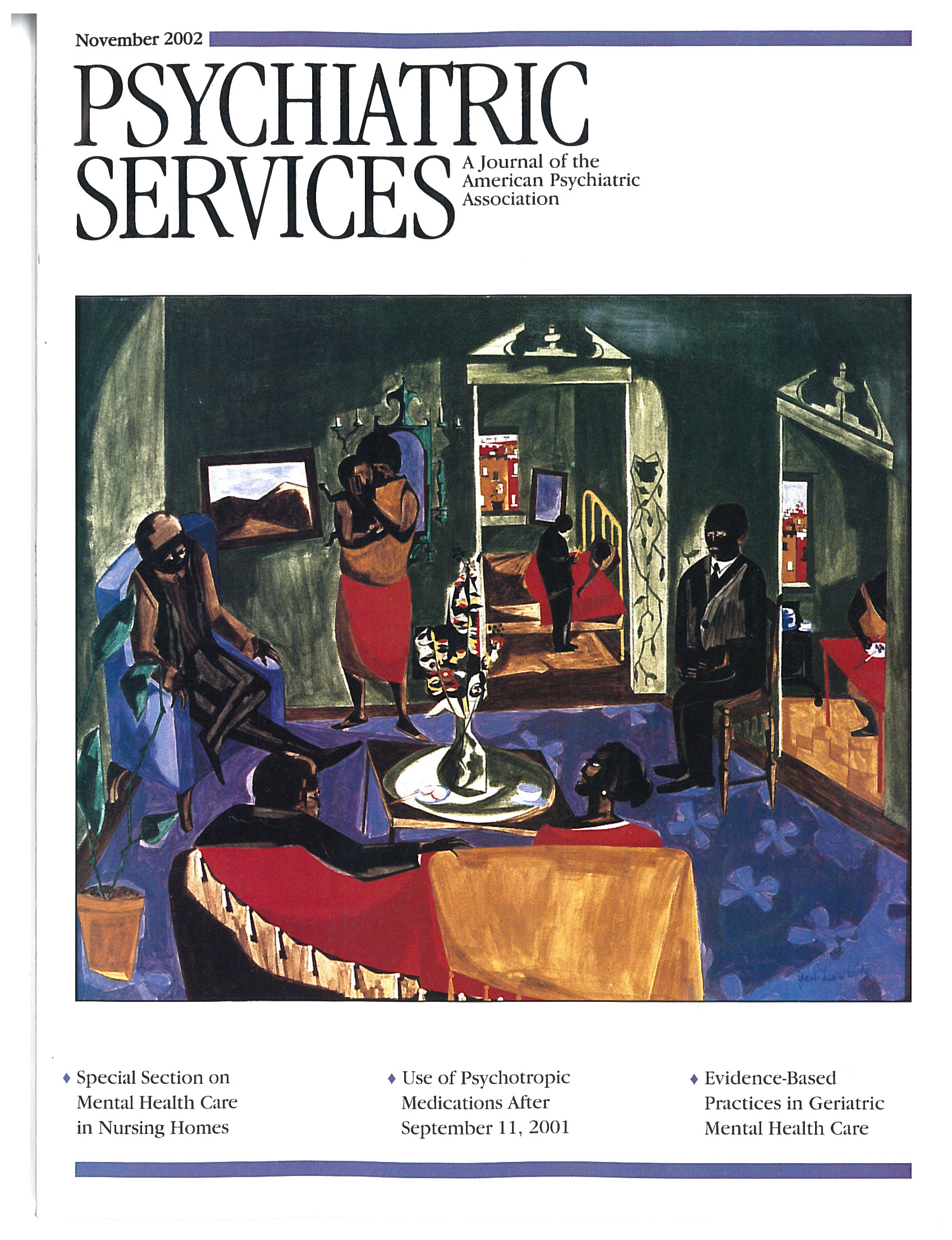Mental Health Services in Nursing Homes: Regulatory Oversight, Payment Policy, and Quality Improvement in Mental Health Care in Nursing Homes
Abstract
During the past 15 years, federal regulations, survey and inspection programs, and payment policies have presented conflicting incentives and disincentives for the provision of mental health services in nursing homes in the United States. Policies and regulatory measures have reflected the concern that many patients in nursing homes are not receiving the mental health care they need, and, more prominently, the concern that some of the services that are provided seem to be inappropriate or medically unnecessary. Despite evidence that payment policy and regulatory oversight can be used effectively to promote quality improvement, the need for improved access and quality of mental health services in long-term care remains substantial. Recent reports issued by the Surgeon General and by the Institute of Medicine identify a need for refinements in the assessment process, the use of outcomes-based quality measures, and payment policies designed to improve access and quality. These elements must be coordinated to promote humane treatment in nursing homes, including access to medically necessary psychiatric care.



